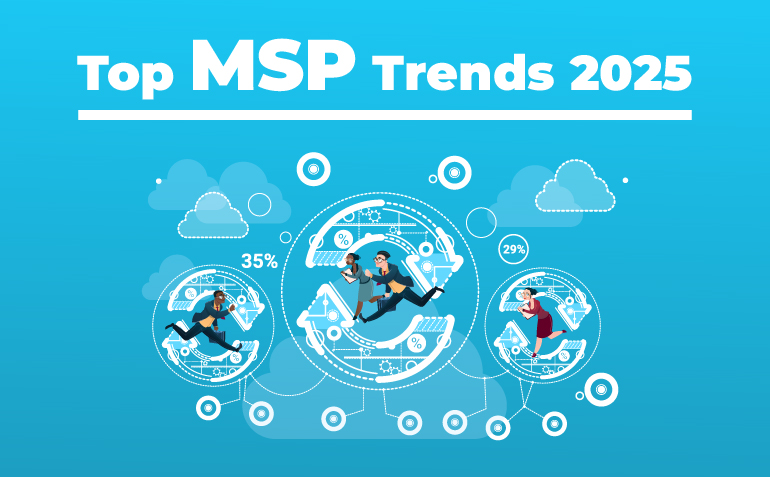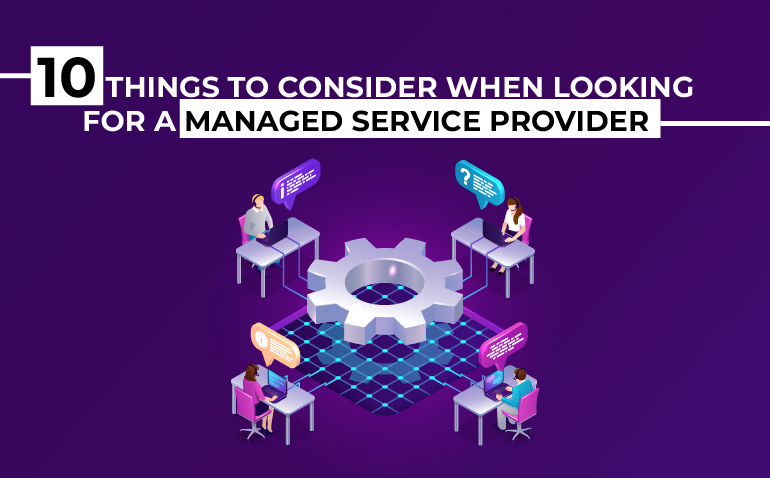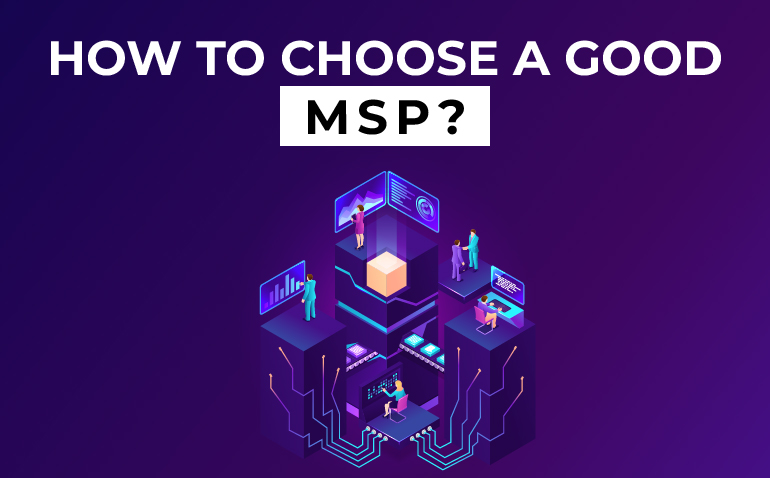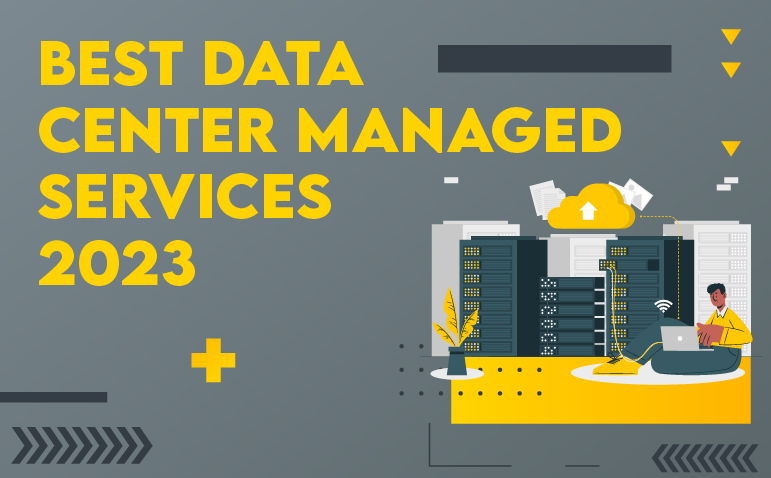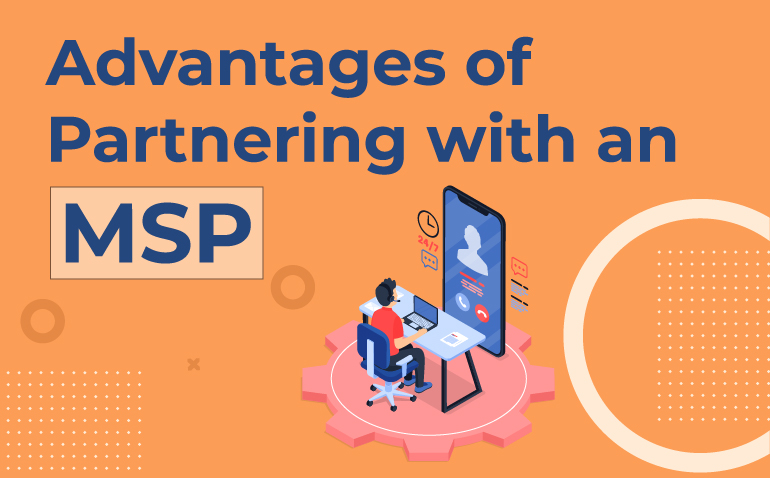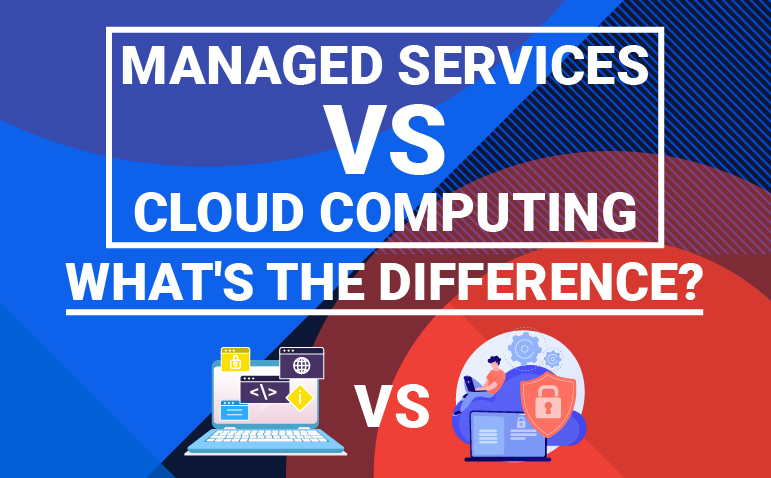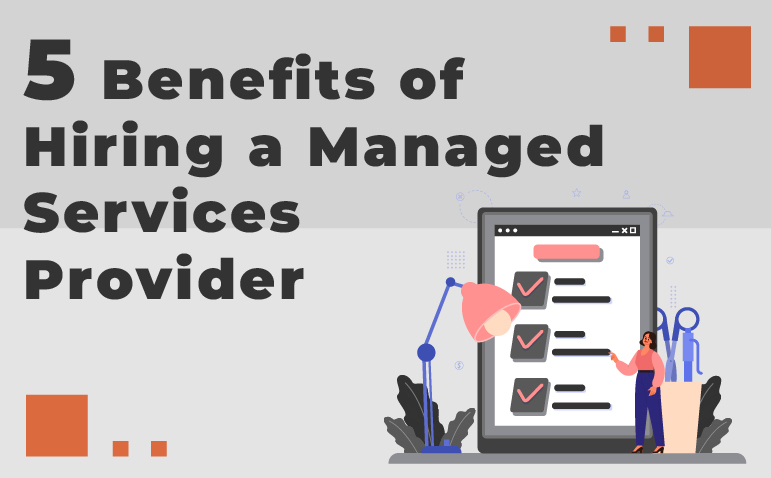The rapidly evolving tech landscape presents both significant challenges and exciting opportunities for Managed Service Providers (MSPs). To stay competitive, MSPs must harness cutting-edge technologies like artificial intelligence (AI) and align their strategies with emerging industry trends. As we approach 2025, AI-driven innovations are set to redefine MSP operations, from cybersecurity to customer support.
AI-Powered Transformation in MSPs
AI is revolutionizing MSP operations, enhancing efficiency, improving customer service, and strengthening cybersecurity. Here’s how AI is making a significant impact across key areas:
-
Cybersecurity: Precise Combat Against Threats
AI empowers MSPs to detect and mitigate cyber threats with precision. From real-time endpoint monitoring to automated vulnerability assessments, AI-driven security solutions enhance compliance and safeguard client data. However, as cybercriminals also leverage AI, continuous innovation remains critical for staying ahead.
-
Customer Support: Elevating Experiences
AI-driven chatbots and intelligent knowledge bases are transforming customer service by enabling real-time responses, automating ticketing, and generating customized instructions. This reduces operational costs while maintaining high service standards.
-
Engineering: Automating Repetitive Tasks
AI streamlines engineering workflows by automating repetitive tasks such as PowerShell scripting and system configurations. This allows engineers to focus on high-value, innovative projects while minimizing human errors.
-
Marketing and Communications
MSPs are leveraging AI tools to optimize marketing campaigns, personalize customer interactions, and enhance SEO efforts. AI-driven automation makes content creation faster, more effective, and highly targeted.
-
Training and Development

AI enhances training experiences by generating instructional guides, subtitles, and real-world simulations. These tools ensure MSP teams and clients are well-prepared to navigate industry challenges.
Key Predictions for MSP Trends in 2025
To thrive in a dynamic and competitive landscape, MSPs must adapt to the following pivotal trends shaping the future of the industry:
1. The Rise of AI-Driven Automation
AI-powered automation is now a fundamental aspect of MSP operations, optimizing tasks such as predictive maintenance, patch management, and vulnerability assessments. AI-driven chatbots and automated ticketing systems enhance customer support, while AI-based cybersecurity solutions proactively detect and neutralize threats. By adopting AI automation, MSPs can significantly improve efficiency, reduce costs, and enhance service quality.
2. Zero Trust as the Security Standard
The Zero Trust security model, based on the principle of “never trust, always verify,” is becoming the new industry benchmark. This approach enforces strict access controls and continuous authentication, making it highly effective against modern cyber threats. MSPs must integrate Zero Trust frameworks into their security solutions to meet clients’ growing compliance and data protection needs.
3. Multi-Cloud Mastery
As businesses increasingly rely on multiple cloud platforms, managing multi-cloud environments has become a critical skill for MSPs. A multi-cloud strategy enhances performance, reduces costs, and minimizes vendor lock-in. MSPs that offer expertise in cloud integration, workload distribution, and data migration will become indispensable partners for businesses navigating a cloud-first world.
4. IoT Management as a Priority
The rapid expansion of Internet of Things (IoT) devices presents both opportunities and security challenges. While IoT enhances operational efficiency, it also increases the attack surface for cyber threats. MSPs must implement robust security protocols, continuously monitor network activity, and respond swiftly to threats to protect connected devices.
5. Embracing XaaS (Everything as a Service)
The XaaS model is transforming how businesses consume technology, offering flexible, scalable, and cost-effective solutions. From cloud storage to cybersecurity services, XaaS enables MSPs to transition to subscription-based models, ensuring predictable revenue streams and meeting evolving client demands.
6. Predictive Analytics Growth
Predictive analytics is revolutionizing business decision-making. By analyzing historical and real-time data, MSPs can anticipate trends, identify risks, and offer proactive solutions. However, securing data integrity is crucial for maintaining accuracy and reliability. MSPs that combine predictive analytics with strong cybersecurity measures can deliver unmatched value to clients.
7. Focus on Energy Efficiency
With rising energy demands, sustainability is becoming a priority for businesses. Clients are seeking environmentally responsible solutions that reduce costs and carbon footprints. MSPs can capitalize on this shift by offering energy-efficient infrastructure, workload optimization, and green technology consulting to attract eco-conscious clients.
Conclusion
The MSP industry is poised for transformative growth, driven by advancements in AI, evolving security standards, and changing client expectations. Embracing these trends is not just about staying relevant but about setting the stage for long-term success. By adopting AI-driven automation, mastering multi-cloud environments, and addressing emerging challenges like IoT security and energy efficiency, MSPs can position themselves as indispensable partners in their clients’ digital transformation journeys.
At Protected Harbor, we are at the forefront of this evolution. Our proactive, client-focused approach leverages the latest technologies to deliver unparalleled reliability, security, and scalability. Whether you’re looking to enhance operational efficiency, secure your IT environment, or embrace cutting-edge innovations, we’re here to guide you every step of the way.
Future-proof your business today! Contact Protected Harbor to learn how we can empower your MSP operations with industry-leading solutions. Let’s redefine managed services together.

